I want to define multiple stages in Jenkins declarative pipeline syntax which can continue past any one of them failing. I cannot find any existing questions which are true duplicates, because they all assume or allow scripted syntax.
pipeline {
agent any
stages {
stage('stage 1') {
steps {
echo "I need to run every time"
}
}
stage('stage 2') {
steps {
echo "I need to run every time, even if stage 1 fails"
}
}
stage('stage 3') {
steps {
echo "Bonus points if the solution is robust enough to allow me to continue *or* be halted based on previous stage status"
}
}
}
}
To clarify, I'm not looking for how to do accomplish this in scripted syntax. I'm trying to understand if this kind of flow control is actually supported and formalized in declarative syntax. To that end, I'll try to define exactly what I'm looking for:
Required
- No try/catch. I don't want to drop down into scripted mode, or "wrap" my declarative pipeline in another shared library or scripted block.
- No
post stepshenanigans. I want true multiple stages, not one stage with apost alwaysstep that contains all my other logic
Optional
- The failing stage should be recognized as failed; I don't want a failed stage showing up as green because it was "skipped" or "continued".
- A build with any failed stage should be marked as red (or yellow, or anything that is not green).
